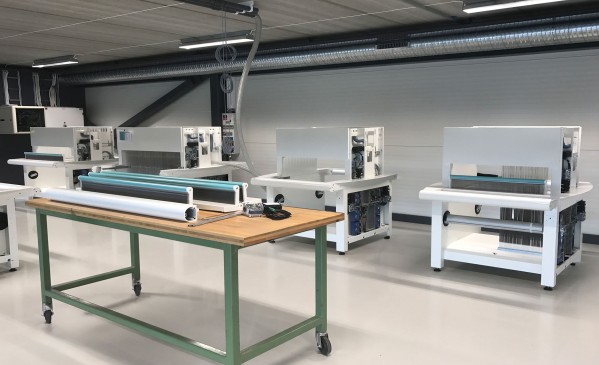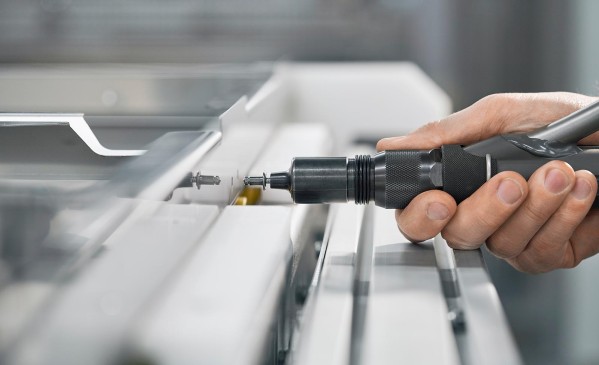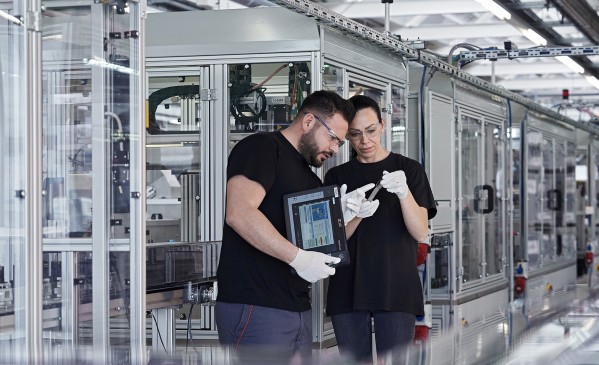Use of renewable energy expanded
The four Swiss production facilities in Heerbrugg, Altstätten, Flawil and Hallau decided in 2021 to have their future energy needs met through the use of climate-neutral electricity. A substantial expansion in the photovoltaic system at the Group’s headquarters in Heerbrugg (Switzerland) will put SFS in a position to satisfy around 10% of the current energy requirements of its Swiss production facilities on its own. SFS meets the remainder of its electricity requirements through hydropower.
New photovoltaic systems were built and existing systems expanded at several different SFS locations. One example is the new system at the Unisteel site in Malaysia. They produce 1,720 MWh of renewable energy, enabling Unisteel to reduce its CO2 emissions by more than 1,200 tons per year. Another example is the photovoltaic system in Hallau (Switzerland), which has an installed capacity of 260 KWp. Those in charge expect this system to produce around 240 MWh per year, which translates to a reduction in CO2 emissions of around 30 tons.

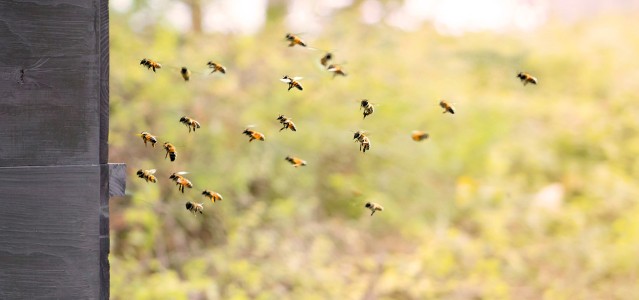
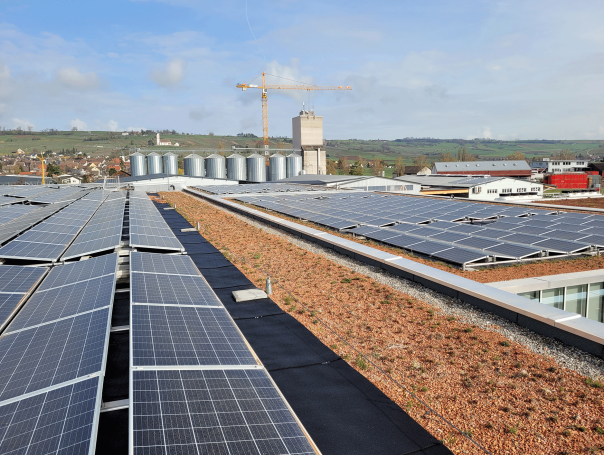
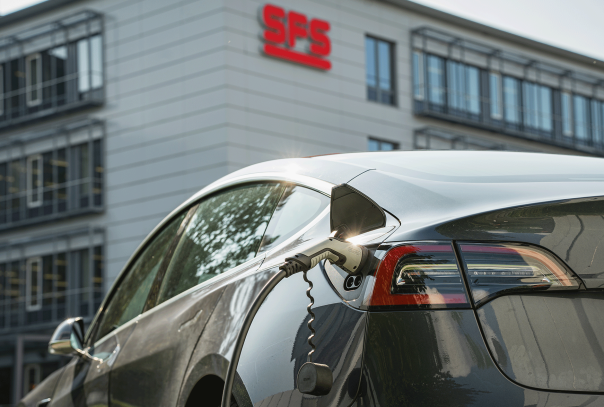
_1920px_textimagemobile.png)
